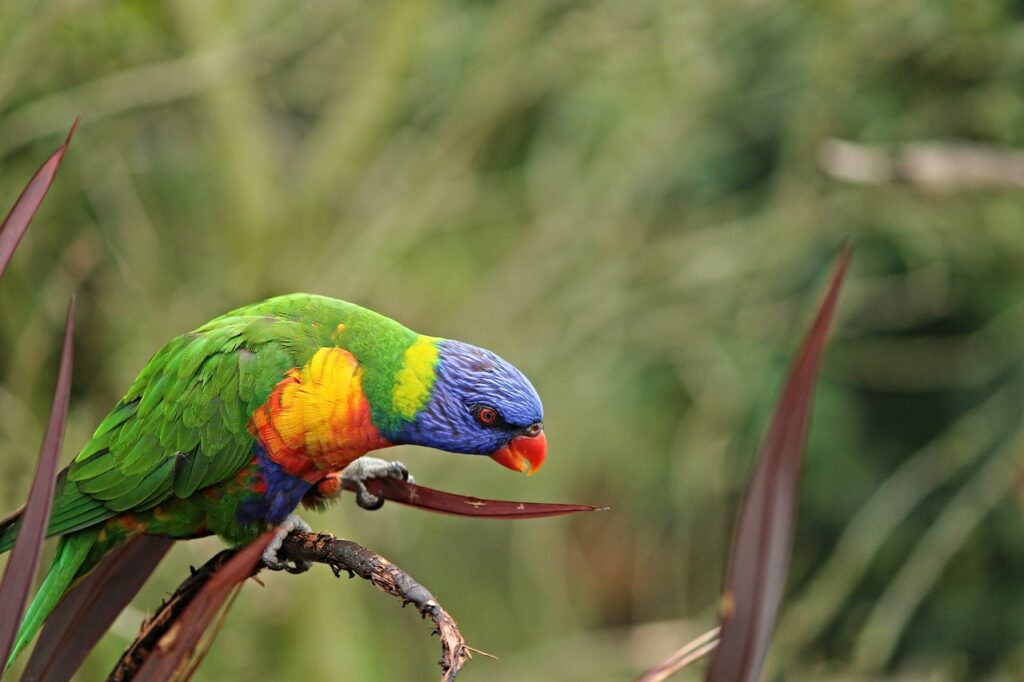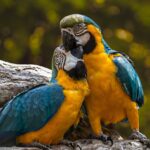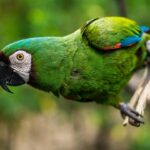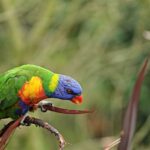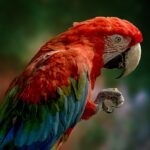Can Parrots Eat Basil? — Exploring the Benefits of Basil for Your Feathered Friend
Parrots are fascinating creatures known for their vibrant plumage, intelligence, and unique dietary needs. As a pet owner, you might wonder if it’s safe to feed basil to your feathered friend. The good news is that parrots can indeed enjoy the delightful flavors and potential health benefits of basil. Let’s dive into why basil can be a fantastic addition to your parrot’s diet.
The Nutritional Perks of Basil for Parrots
Basil is not only a culinary herb but also a fantastic source of essential nutrients that can contribute to your parrot’s overall well-being. This aromatic herb contains vitamins A, C, and K, as well as beneficial minerals like calcium, iron, and manganese.
By incorporating basil into your parrot’s diet, you ensure they receive vital vitamins to support their immune system, improve feather health, and enhance their eye health. Moreover, the calcium found in basil promotes robust bone development and maintenance, which is crucial for your parrot’s overall strength and vitality.
Adding Basil to Your Parrot’s Menu
While basil can indeed be a nutritious addition to your parrot’s diet, it is essential to exercise moderation and follow some guidelines. Offer small quantities of fresh basil leaves to your parrot as an occasional treat, ensuring it does not exceed more than 10% of their overall diet.
It’s important to note that basil should never replace the high-quality pellet or seed-based diet specifically formulated for your parrot. Rather, it should be seen as an exciting and nutritious supplement to their regular meals.
Cautions to Consider
Even though basil is generally safe for parrots, a few precautions should be taken. Some parrots might have allergies or sensitivities to basil, so it’s essential to introduce this herb gradually into their diet. Observe your parrot for any adverse reactions, such as changes in demeanor, unusual droppings, or digestive issues.
Furthermore, it is crucial to ensure that the basil you offer your parrot is organic and free from pesticides or other harmful chemicals. Always wash the basil thoroughly before offering it to your feathered friend to eliminate any potential residue.
Sharing the Delight with Other Pets
If you have other pets, such as rabbits or guinea pigs, they can also safely enjoy the delectable taste and nutritional benefits of basil. However, always remember to feed each pet the appropriate portions suitable for their size and dietary requirements. What may be beneficial for a parrot may not necessarily be suitable for other animals.
Conclusion
In conclusion, feeding basil to your parrot can be a delightful and healthy addition to their diet. The vitamins, minerals, and potential health benefits found in this aromatic herb can contribute to your parrot’s overall well-being. However, it’s crucial to provide basil in moderation and as a supplement to their regular, balanced diet. Always monitor your parrot for any adverse reactions and ensure the basil is organic and free from pesticides. By following these guidelines, you can joyfully introduce basil to your feathered friend’s menu, offering them a flavorful treat while prioritizing their health and happiness.

